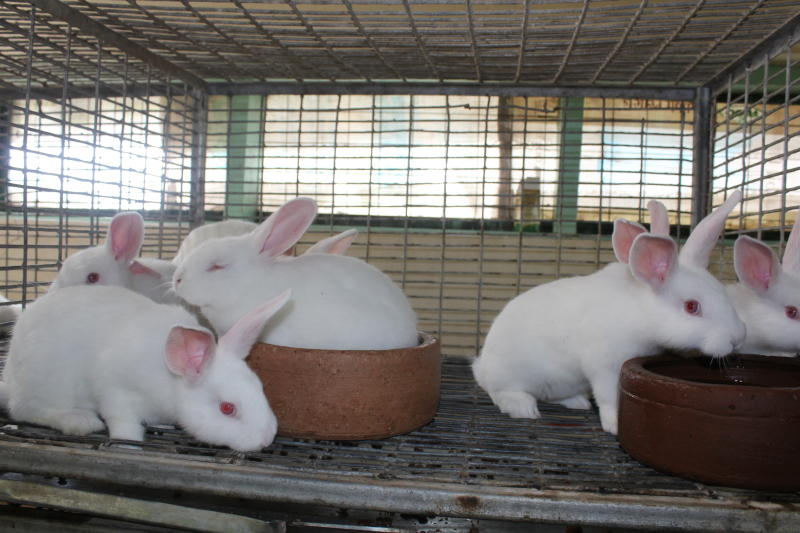×
The Standard e-Paper
Smart Minds Choose Us

In Kenya, most people start rabbit farming on a past time basis or as a hobby. But it is possible to run a successful commercial rabbit agribusiness. A good number have embraced commercial farming with varying success, myself included. So what does it take to run a successful rabbit farm?
First, research on the firms that sell rabbits for breeding. There are many breeds of rabbits reared for various reasons like the skin or pelt, urine, for research purposes or as a pet.